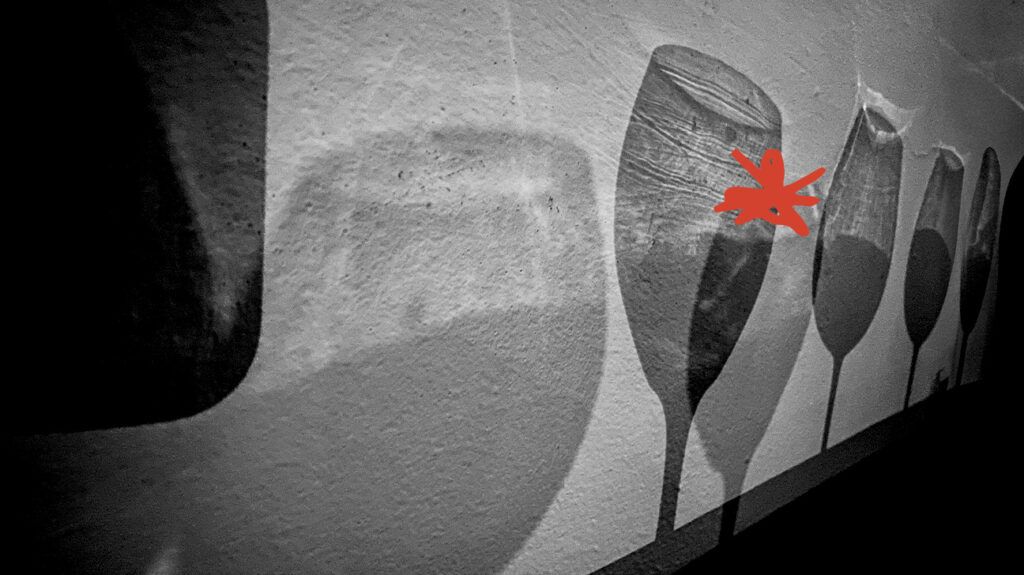Some studies suggest low amounts of alcohol may lower blood pressure. However, further research indicates alcohol can actually cause hypertension.
Blood pressure is the pressure the blood exerts as it pushes against the artery walls. Sometimes, blood pressure levels may be too high or too low. High blood pressure is called hypertension. Low blood pressure is called hypotension.
The
Some studies suggest low amounts of alcohol may help reduce blood pressure or risk of heart disease. However, the
Read on to learn more about alcohol and blood pressure, as well as what drinks may benefit a person who has hypertension and when to talk with a doctor.

According to the
The CDC notes it is impossible to know whether these health benefits are due to drinking low amounts of alcohol, or whether they are due to differences in genetics or behaviors of people who drink moderately compared with those who do not.
Additionally, the
A
Researchers found this group had a reduced risk of hypertension after drinking 30 grams, about 2 tablespoons, of a specific form of aged white wine every day for 3 weeks.
However, researchers noted that a 3-week trial was not long enough to determine the long-term effects of drinking 30 grams of aged white wine per day.
The study also had some conflicts of interest. Some researchers are involved in organizations with ties to the alcohol industry.
Other research from 2019 found that there was a significant link between moderate alcohol consumption and a risk of hypertension. Researchers qualify moderate drinking as 7–13 drinks per week.
Various drinks may help improve a person’s blood pressure. These include:
Tea
Research indicates that different types of tea may lower blood pressure.
A study from 2023 found that tea consumption could help reduce a person’s risk of hypertension by
A
Beetroot juice
A
Researchers found that people who drank beetroot juice had reduced systolic blood pressure compared with those who did not drink the juice. Systolic blood pressure is the pressure in a person’s arteries when their heart beats.
Orange juice
In a
After 12 weeks, researchers noted that people taking hesperidin-enriched orange juice had reduced systolic blood pressure. Hesperidin is a compound with antioxidant and anti-inflammatory properties.
It is important to note the Florida Department of Citrus funded the study.
Pomegranate juice
A review from 2017 found that pomegranate juice could help reduce systolic blood pressure regardless of how long it was taken.
Additionally, doses of over 240 mL were also able to reduce diastolic blood pressure. Diastolic blood pressure is the pressure in the arteries between heartbeats.
Certain drinks may be harmful for a person who has hypertension.
A
A doctor may recommend a person with hypertension not to consume energy drinks.
Soda may also increase a person’s blood pressure. A
Healthcare professionals
The
The
People over 40 years old or those with a higher risk of hypertension should have a doctor check their blood pressure at least once a year.
Early diagnosis may help people reduce their blood pressure before developing additional complications.
A person can speak with a qualified healthcare professional if they find it difficult to reduce their alcohol intake. A healthcare professional can help a person find treatment and support to help them stop drinking or lower their intake.
Some studies suggest low amounts of alcohol may provide health benefits. However, experts believe these effects may result from differences between people who drink moderately and those who do not.
Various drinks may help a person reduce their blood pressure, such as tea or beetroot juice. A person who has hypertension should avoid consuming too much caffeine or soda.
A person should speak to their doctor if they have concerns about their blood pressure or alcohol intake.
